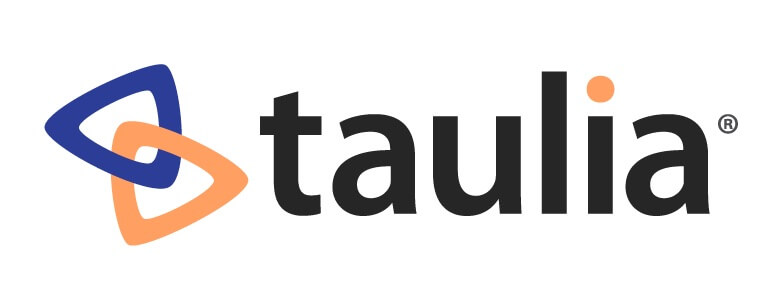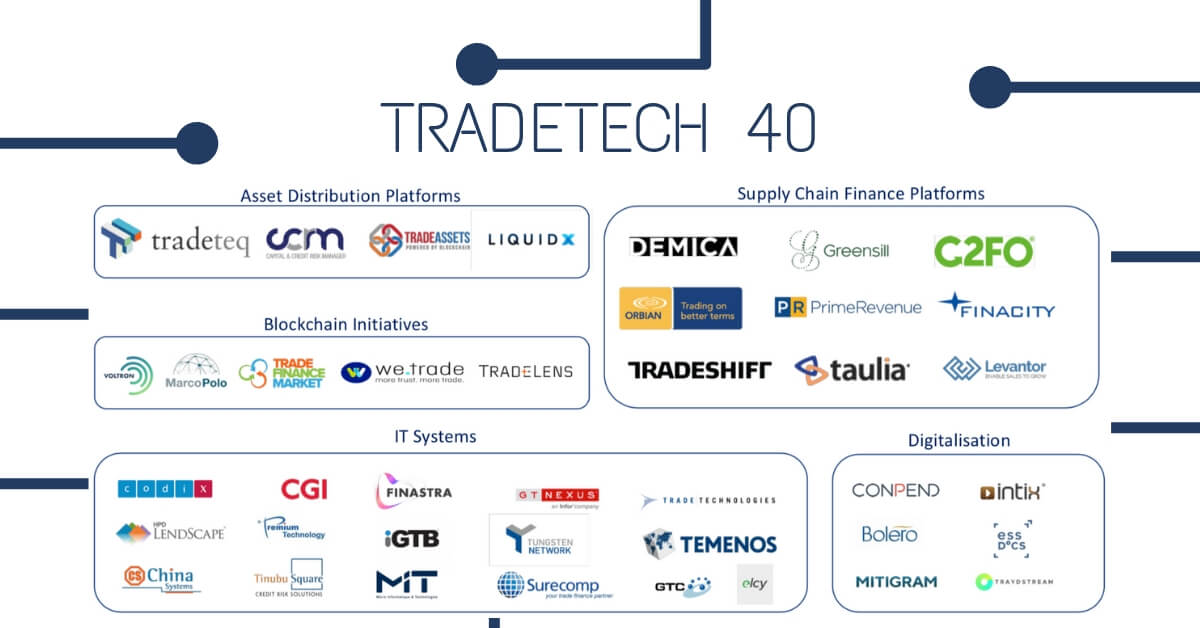An interview with Juhie Kapoor, Director of Global Content and Communications for Taulia on supply chain optimisation, early payments and working capital solutions using AI and technology.

How is Taulia making a difference and what problem is it solving?
What was the top highlight of 2018?
In 2018, Taulia accelerated almost $24bn in early payments and expanded its network to over 5.2m connections around the world. The company also announced that it was opening its first Asia Pacific office in Sydney, Australia, with plans to expand the team rapidly during 2019.
In August, Taulia also signed a major £30m contract with the UK government’s procurement organization, Crown Commercial Services (CCS). Consequently, Taulia can now provide early payment solutions to central government, local authorities and the National Health Service (NHS). Taulia plans to build upon this contract – the largest in the company’s history – by expanding its solutions further into the public sector.
As always, Taulia’s success in 2018 was underpinned by the company’s continuing commitment to technological innovation. As well as introducing a new buyer user interface, Taulia has empowered clients by giving them direct access to the company’s award-winning AI-powered platform. Clients can access the insights needed to make on-the-spot, real-time decisions, and thereby optimize discount rates and payment terms.
What were the biggest challenges in 2018?
In a highly competitive and maturing market place, Taulia’s greatest challenge will be to keep innovating and bringing value to our clients. In 2018 we brought the value of AI to clients fingertips by revolutionising our Buyer UI which allows clients to model and understand their supplier’s behaviour.
What are your biggest plans for 2019?
Taulia has expanded into APAC and will continue to rapidly expand in the region. This with continual product innovation will ensure that Taulia has a successful 2019
What’s your top prediction for 2019?
1. With the continuing economic uncertainty, companies will need to keep the focus on their working capital and their ability to be adaptable in the face of global challenges. Moreover, businesses will not be able to weather this storm in silos. They will have to work with their suppliers and buyers to make sure that no part of the supply chain is adversely affected. This means that it will be supply chains that complete and not individual businesses.
2. Technology will be the greatest game-changer in the working capital space. It will no longer be acceptable to have partial visibility over global cash positions and not be able to access liquidity in the touch of a button.






























